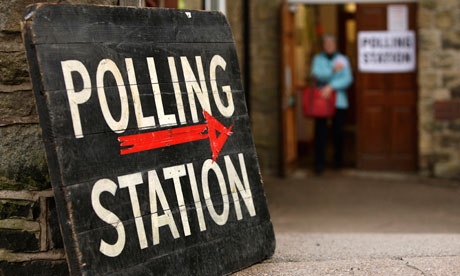So David Cameron wants government agencies to have access to all forms of communication and be able to access every form of encryption does he?
Or at least he thinks he does, but he has no clue what he is actually asking for.
The consequences of such a policy being enforced are so very clearly laid out by Charlie Stross in a post titled Cloud Cuckoo Politics.
Samuel Gibbs and Alex Hern in the Guardian are of the same opinion.
These two articles are worth reading. But in a nutshell if this were enacted then it would cripple all electronic communication — and that means all commerce including the government’s ability to collect taxes. It may even shut down the internet completely in the UK.

As Charlie says, this is beyond bonkers. On the other hand why are we surprised? Cameron knows nothing about technology and moreover is an “executive manager”. And we all know that as soon as anyone is made a manager they have their brains removed and forget what it’s like to do the job on the shop floor. Moreover we all also know that no manager ever understood anything technical, even if they were once a technician. Add to that the general ineptitude which seems to accompany all public service and you’ll see why the whole of government etc. is mindlessly inefficient and its leadership dangerous.
Cameron is living in cloud cuckoo land and there is probably little hope for him. But let’s just pray someone can reconstruct his brain before it is too late for the rest of us.
Gawdelpus.
Hat tip Chris Comley for the link to Charlie Stross’s post.


 I thought I’d give my crystal ball a dust off and see if I could come up with a few ideas as to what might happen over the course of this brand new 2015.
I thought I’d give my crystal ball a dust off and see if I could come up with a few ideas as to what might happen over the course of this brand new 2015. The long arm of the law is getting longer and needs to be amputated!
The long arm of the law is getting longer and needs to be amputated!